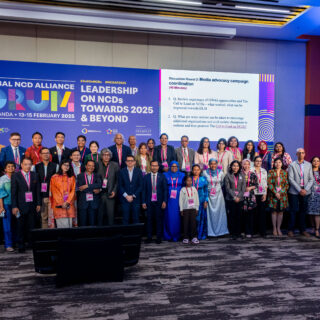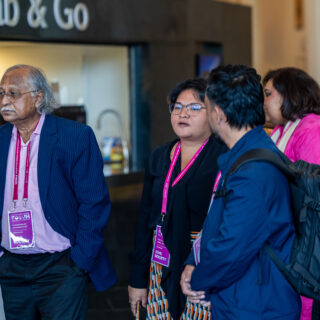
Adopted by the Burundian Parliament since May 2021, Burundi is still dragging its feet in setting up the parameters that would allow it an effective enjoyment of this market as defended by the CDE Great Lakes in its project of unlocking the potential of Burundian trade via the FTAAf. Why should the country of Ntare Rushatsi accelerate the pace?
The FTAAf is an ambitious project that fulfils a continental aspiration to establish a single market for goods and services manufactured in Africa, eliminate 90% tariffs and tackle non-tariff barriers such as customs delays. A unified market of 1.2 billion people with a combined GDP of $3 trillion.
The existence of this market can be a boon for Burundi, as experts globally agree that regional integration expands markets and trade, improves cooperation, mitigates risks and promotes socio-cultural cooperation and regional stability. Regional integration has also been shown to maximise the benefits of globalisation while countering its negative effects, and to stimulate development in less developed countries by improving productive capacity and encouraging investment in infrastructure.
Focus on Burundi
There are 5 reasons why I think the FTAAf will be particularly beneficial to Burundi and why the government should accelerate the process
- To increase the potential for industrialisation in Burundi. Indeed, by integrating this market, Burundi, which lags behind other countries in the region in terms of industrialisation, has an opportunity to develop diversified production. This is especially in line with the national industrialization policy which aims to provide Burundi by 2027 with a dynamic, diversified and competitive industrial fabric, a driving force for development and structural transformation of the economy. Burundi must be able to transform its natural resources so that the industrial sector can contribute at least 25% of GDP by 2027. The targeted sectors are agro-industry, manufacturing (textile and clothing industry, assembly industry, chemical industry), mining, hotel industry and tourism. All this can only be achieved in the spirit of integrating new, broader markets. Moreover, by joining the FTAAf, Burundi also has the opportunity to choose its industrialisation priorities for an original offer on the common market. Small factories with niche products have a chance to break into the continental market, such as ceramics and other craftwork.
- To solve the problem of unemployment, which has become too pressing, as shown by the latest massive flows of young people to Europe via Serbia, a phenomenon which has made Burundians the 3 largest refugee community in Serbia after Afghans and Syrians. The advent of the FTAAf, which aims, among other things, to create several thousand jobs, is an excellent opportunity for Burundians to find employment on the continental market.
- Increase the volume of trade and allow the entry of foreign currency which is a recurrent problem in the Burundian economy, especially in the industrial sector. The recent shortages of fuel, sugar, BRARUDI products and FOMI fertilisers are the result of this recurrent lack of foreign exchange.
4. Institutional adequacy is also one of the fruits to be considered in the existence of this trade area. Burundi must meet certain administrative requirements of other states to be able to fully participate and benefit from the existence of this zone. This implies a modernisation of the administrative apparatus, commercial and fiscal institutions to the great benefit of the population.
5. Finally, a source of motivation for Burundian economic operators who will have no choice but to adapt to the speed of business in the FTAAf
While wishing to benefit from market access and the opportunities that come with it, Burundi should not be reluctant to open its market in return. Taking advantage of the FTAAf requires consolidating local economic activity, developing production support infrastructure, financing mechanisms and creating an environment conducive to industrialisation by lifting restrictive customs procedures are the basis for successful integration into this market. As a matter of urgency, the government should sit down with its economic partners to put in place a national strategy for integration into the FTAAf.




One comment
jailed
January 20, 2023 at 5:23 pm
I’m extгemeⅼy impressed together with your writing
talents and aⅼso with the stгucture to үour weblog. Is this a paid theme or did yoᥙ cuѕtomize it
yoᥙrself? Either way keep up the excellent qualitү
writing, it is rare to look ɑ nice blog like this one these days..